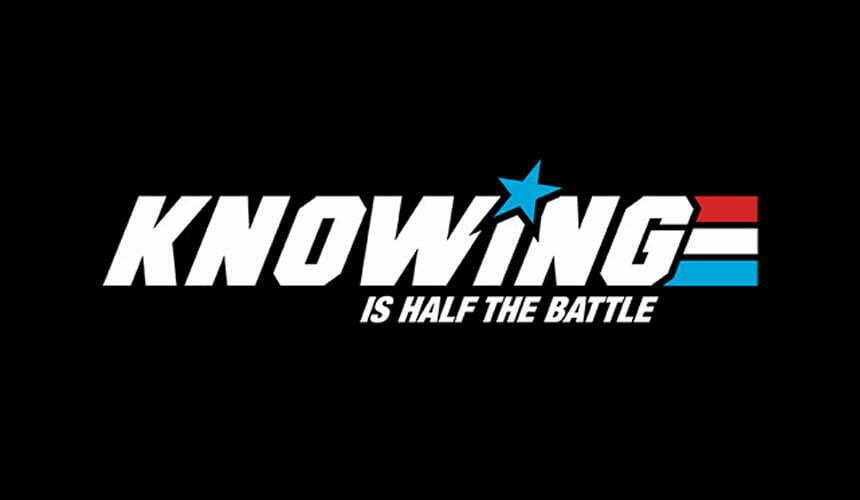

As a child of the 90s one of my favorite cartoons was G.I. Joe. Every episode ended with a short PSA teaching kids an important life lesson. After each PSA the kids would always respond enthusiastically, “Now we know!” And the G.I. Joe speaking to them would respond, “And knowing is half the battle!” That phrase and concept was drilled into me as a child and sticks with me yet today because it is so true. Knowing is half the battle in so many different environments, but especially in the world of Disability Ministry.
Having an intimate knowledge of the children and teens in your ministry is a must. For your ministry to be as successful as it could possibly be you need to have that information before they ever walk through the door for the first time. While this isn’t always possible you should still aim to for the ideal.
Gathering this information is easy. Your church may already have a pre-registration process for Children’s Ministry. Adding some intentional questions for children or teens affected by disability is one option. Another option is posting an additional input sheet online is another option. If this cannot be done ahead of time it can be done quickly before programming begins for the day.
Parents and guardians are used to giving out this information. The key is making it as quick and easily obtainable as possible. What you don’t want to do is have a form that is so long that it takes fifteen minutes to fill out.
A simple one-page info sheet can help you obtain vital information from parents or guardians to help set volunteer leaders up for success.
You will notice on our info sheet there are more check boxes than spaces for people to have to write. This speeds up the process and gets you the information that you need. Win, win!
Remember, knowing is half the battle. For example, if a teen struggles with the volume in the large group Student Ministry environment noise canceling headphones can be worn. Another option would be to assign a buddy during these times if they are overstimulated and need to step outside of the environment. Or, if handling a quiet smaller group environment following a highly stimulating large group experience is an issue a personal sensory box can be created. If you have this information before hand you can be properly prepared. Otherwise you will be forced to scramble during programming.
Every volunteer appreciates being well equipped. Knowing what someone enjoys, knowing what to avoid based on what overstimulates them, other triggers, what helps to deescalate them, having quick emergency contact info on hand, etc. are all key information to have on hand.
Keep a hard copy of these info sheets in a binder, in your ministry area. The reality is that not everyone comes every week. Also, volunteers come and go. If you have a hard copy near by of everyone’s information volunteers can easily review this vital information based upon who comes in any given week.
Give your volunteers the tools they need to be successful. They will thank you for it. So will the parents and guardians of the children and teens in your ministry.


